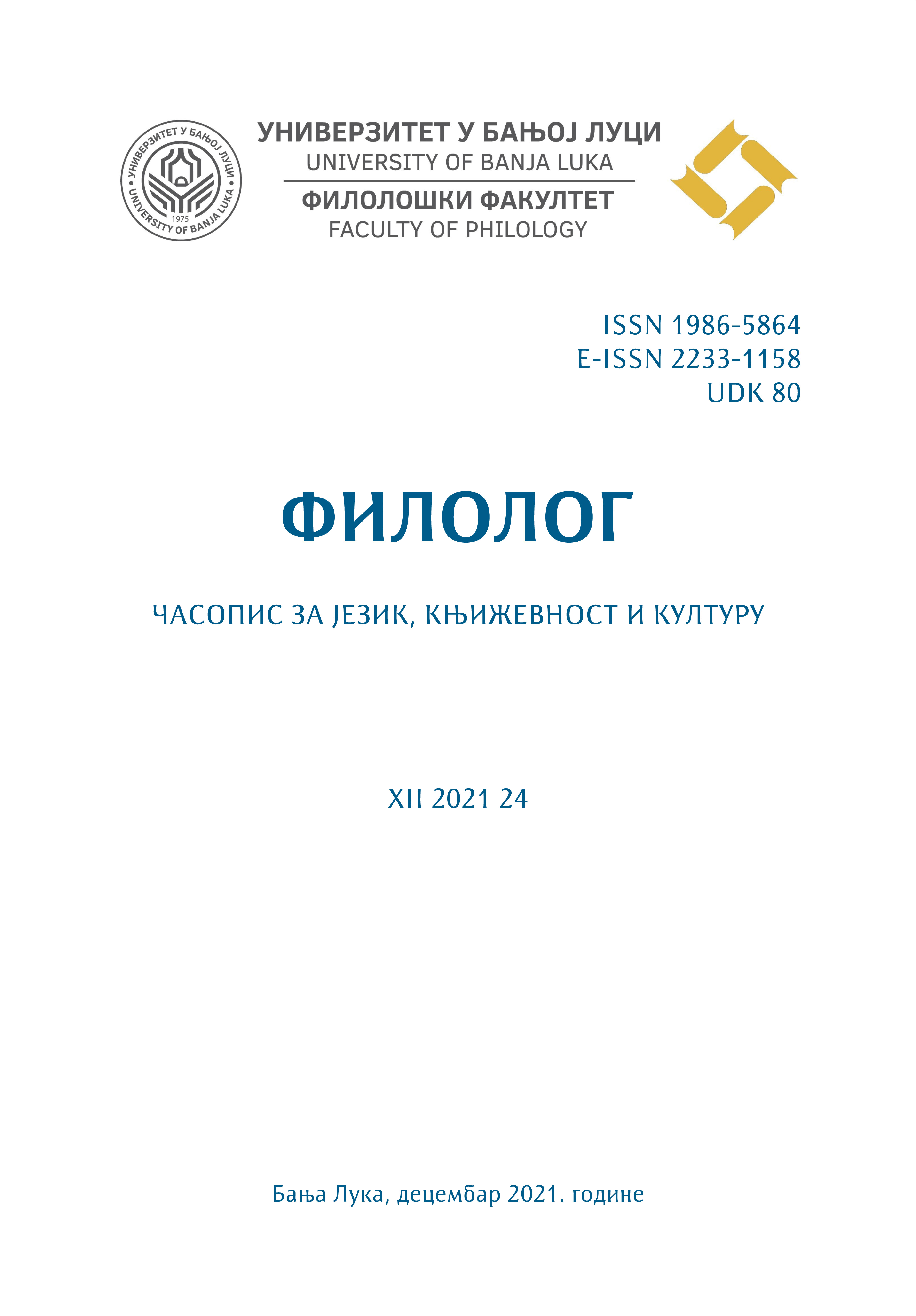ЛЕКСИЧКО-СЕМАНТИЧКА АНАЛИЗА СЕКУНДАРНИХ
АСПЕКТУАЛИЗАТОРА У СРПСКОМ ЈЕЗИКУ
LEXICAL-SEMANTIC ANALYSIS OF SECONDARY ASPECTUAL VERBS IN SERBIAN
Author(s): Nataša R. MilivojevićSubject(s): Lexis, Semantics, South Slavic Languages
Published by: Филолошки факултет Универзитета у Бањој Луци
Keywords: secondary aspectualiser; decomposed predicate; phase verb; phase complement; phase; argument structure; lexical specification;
Summary/Abstract: The present research is an attempt at systematic and consistent formal analysis of lexical semantics of Serbian secondary aspectual verbs krenuti, uzeti and stati. Theoretical background of the research is the Lexical Projectionist Model proposed by B. Levin (1993), along with the primary postulates of aspectual event segmentation introduced by A. Freed (1979). We claim that the primary lexical meaning of the verbs krenuti, uzeti and stati is the key to their capacity to appear with additional (modal and phase) denotations when they are used as complement-taking verbs. We propose formal lexical specifications which are to encode all the relevant semantic features and complement preferences for each verb under analysis, on the level of the lexicon.Secondary aspectualisers also carry markers of inherent semantics which influence the way in which they denote phase: krenuti is additionally marked for dynamicity and causality, whereas uzeti and stati both express strong dynamic Aktionsart on the constructional (syntactic) level. In terms of event segmentation, krenuti modifies either the onset or the nucleus of the aspectual event, while uzeti and stati as a rule refer to its nucleus. Consequently, out of the three analysed verbs, only krenuti can appear with the complement whose event can be cancelled (cf. Dufey 2006, Nagy 2016, Milivojević 2021c).
Journal: Филолог – часопис за језик, књижевност и културу
- Issue Year: 12/2021
- Issue No: 24
- Page Range: 36-61
- Page Count: 26
- Language: Serbian

